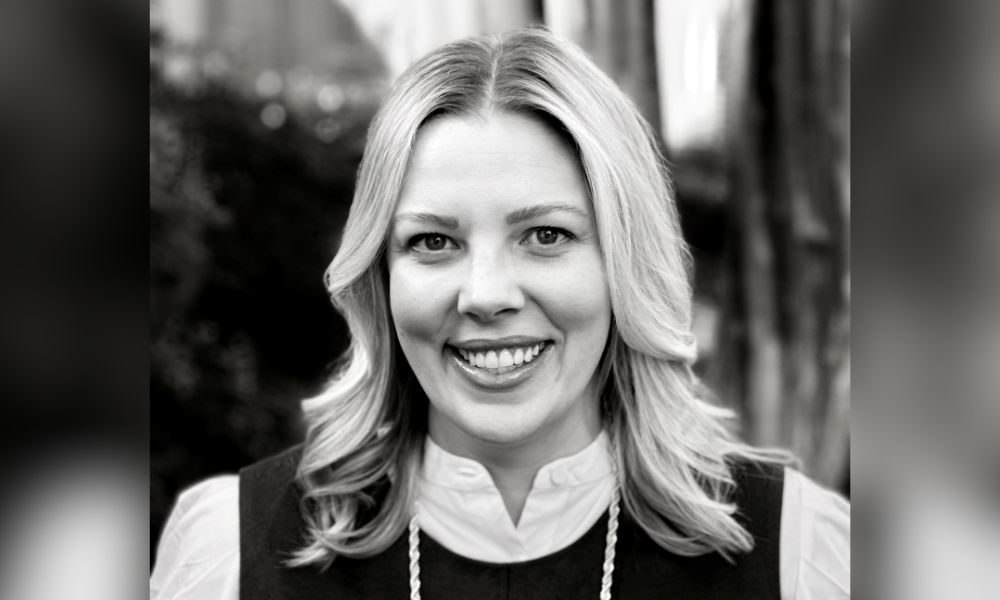KEY FINDINGS
- Retirees fear inflation (77%) more than the rising cost of healthcare (74%).
- Just over half (58%) say that the pandemic hasn’t changed their current or planned standard of living through retirement.
- 3 in 4 retirees (75%) say that, despite the pandemic, they are confident that they will have enough income to live comfortably throughout retirement.
- Most retirement-age investors are staying the course. A majority (63%) say their investment outlook has not changed since the beginning of the pandemic.
The COVID-19 pandemic and its economic impacts have changed the mindsets — though not necessarily the plans — of those who have left the workforce.
Retirees fear inflation more than the rising cost of healthcare, according to a recent survey by Personal Capital and Kiplinger’s Personal Finance.*
More than 3 in 4 (77%) retirees and near-retirees cite declining purchasing power as a major concern, and that’s greater than the share concerned about the cost of healthcare (74%).
“Retirees and near-retirees who are worried about looming inflationary pressures can stay focused on their overall investment strategy,” said Jay Shah, President of Personal Capital. “It’s wise to avoid letting current events drive long-term decision making.”
Respondent’s top five financial concerns for the future are:
- Rising inflation (77%)
- Cost of health care (74%)
- Financial strength of Social Security (71%)
- Financial strength of Medicare (67%)
- A recession in the next year or two (62%)
“Having a plan that’s designed to endure varying conditions leading up to and during retirement is the key to increasing your financial confidence at any stage,” Shah said.
Building a Nest Egg
Retirement is most peoples’ biggest financial goal, and it often takes decades to save.
As Baby Boomers exit the workforce, many have too little stashed away to support a comfortable lifestyle. For some, the global health crisis has only exacerbated the issue. One-third (33%) of respondents say the pandemic has convinced them that they will need a bigger nest egg for retirement.
As a result, some near-retirees are making changes to their savings.
Among respondents who are planning to retire within the next five years:
- More than 4 out of 10 (41%) have already started saving more
- Nearly one-quarter (24%) have delayed their retirement date, and a similar percentage say they now plan to work part-time in retirement
Among retirees, 77% survey respondents are currently collecting Social Security, with 4 out of 10 (41%) starting retirement benefits at age 62, the earliest age possible.
Using Stimulus Payments
For many, increased savings came as a result of federal stimulus checks issued throughout the pandemic.
The vast majority of survey respondents (86%) say they received stimulus money during the pandemic. How did near-retirees and retirees use the cash?
- Nearly half (47%) saved it
- More than one-third (35%) used it to pay bills
- Nearly 1 out of 5 (18%) paid down debt
Read More: Where to Stow Money for Short-Term vs. Long-Term Goals
Spending During the Pandemic
The pandemic, now in its second year, has had a more immediate impact on people’s current finances.
Due to lockdowns and quarantines, a majority of survey respondents (64%) say they are spending less. Top categories for cost savings?
Entertainment (57%) and transportation (43%).
A smaller number (33%) say their overall living expenses increased over the past year. Nearly one-fourth of respondents (24%) say they are spending more on medical expenses and 17% say they are offering more financial support to family members.
How to Build Your Nest Egg
For those nearing retirement or already living off retirement savings, one of their most important financial responsibilities is adhering to the right spending level. Spend too much and you risk running out of money. Spend too little and you will miss out on valuable life experiences.
Fortunately for the majority of survey respondents, 3 in 4 (75%) are confident that they will have enough income to live comfortably throughout retirement.
Here’s how you can prepare for spending in retirement.
Envision Your Financial Goals
Imagine your dream retirement.
Do you plan to travel extensively, dine out, spoil the grandkids, tour the country by RV, and buy a yacht?
If so, you may need substantial savings to fund your lifestyle.
On the other hand, if you envision a simpler and more frugal retirement, you’ll need less to live off.
Consider the following questions to determine your savings needs in retirement:
- When do I want to retire?
- What will my income be in retirement?
- How much do I plan to spend monthly?
- How much will healthcare cost, based on my health?
- Would I relocate for a lower cost of living?
- How much do I want to leave behind?
Calculate It: Are You Saving Enough to Retire Comfortably?
A retirement advisor can help you sort through your options.
Take the example of two recent retirees, Roy and Debbie, who worked with their advisor to design their ideal post-work lifestyle. The couple had long been interested in moving to remote Montana and building a custom home, so their advisor put together an analysis of a retirement relocation.
Together, they considered varying expenses and alternative scenarios, and their advisor adjusted the plan to their preferences.
“Working with our advisor made us feel comfortable,” said the Personal Capital wealth management clients in an unpaid testimonial. “We were able to work through dozens of scenarios to finally have the confidence to take this huge leap.”
Other retirees and near-retirees have similar lifestyle-focused plans for their money.
Identify Your Retirement Horizon
When you retire can substantially impact your golden years. Matthew Vibert, CFA, recommends evaluating both the financial as well as emotional aspects of retiring.
“If you are unsure you are emotionally ready to retire, it doesn’t hurt to work a little longer as you take the time to decide,” said Vibert, Strategy and Growth Manager at Personal Capital. “Just because you are financially ready does not mean it is the right time for you to retire.”
Retirees we surveyed are generally happy with their decision of when to retire. The average age at which respondents retired was 60.
People who retired before age 65:
- Say they have no regrets about this decision (78%)
- For those who do have regrets, 42% say it’s because they could use the paycheck, while 39% say they miss work and contributing.
Those who waited until 65 or later to retire:
- Express no regrets with that decision (86%)
- Among the small number of respondents who express regret with their decision to retire after age 65, the top reason (20%) was that they wish they had pursued other interests earlier.
Ride Out Market Volatility with a Balanced Portfolio
Investors we surveyed have largely stayed the course throughout the pandemic, despite a volatile stock market.
Most (63%) respondents say their investment outlook has not changed since early 2020, even after a sudden but short-lived bear market, followed by stocks scaling to new heights.
Retirement-age investors may want to consider adjusting their portfolio allocation for greater stability amidst market ups and downs. The asset allocation of investors remains conservative across genders, ages and whether investors are retired or not. On average, respondents’ portfolios were made up of 35% stocks, 26% cash, 15% bonds, 9% real estate and 15% other.
Since the pandemic, nearly one-third (32%) have changed their asset allocation.
Of those who made changes: 13% added more stocks, 9% added bonds, and 9% increased their cash or cash-like holdings.
A financial advisor can help you adjust your allocation in retirement and maintain your long-term outlook.
“Regardless of what the market is doing, I feel confident in knowing that I have services that were never available to me before,” said Marla, a Personal Capital wealth management client, in an unpaid testimonial. “I have somebody on my side who listens, responds, and really cares. She understands the idiosyncrasies of my financial life.”
*Methodology: The Kiplinger-Personal Capital national poll on The Impact of the Pandemic on Retiree Confidence was conducted June 17-24, 2021, with 772 respondents, none of which are wealth management clients of Personal Capital Advisors Corporation (“PCAC”). The survey has a margin of error of +/- 3.52%. Respondents were screened for age (40 and older), retirement status (fully or partially retired, or plan to retire within five years), and net worth (at least $100,000).
Demographic profile: Average Age: 65; average household income before taxes in 2021: $127,688; employment status: 76% full or partially retired (Of those, 81% retired within the past 15 years); average household net worth excluding primary residence: $728,821; 49% male; 51% female.
The content contained in this blog post is intended for general informational purposes only and is not meant to constitute legal, tax, accounting or investment advice. You should consult a qualified legal or tax professional regarding your specific situation. Keep in mind that investing involves risk. The value of your investment will fluctuate over time and you may gain or lose money.
Client testimonials of Personal Capital Advisors Corporation (“PCAC”) were unpaid and are representative of the clients’ views at the time they were collected. Any reference to the advisory services refers to PCAC, a subsidiary of Personal Capital. Personal Capital Advisors Corporation is an investment adviser registered with the Securities and Exchange Commission (SEC). Registration does not imply a certain level of skill or training nor does it imply endorsement by the SEC.
Original Article





